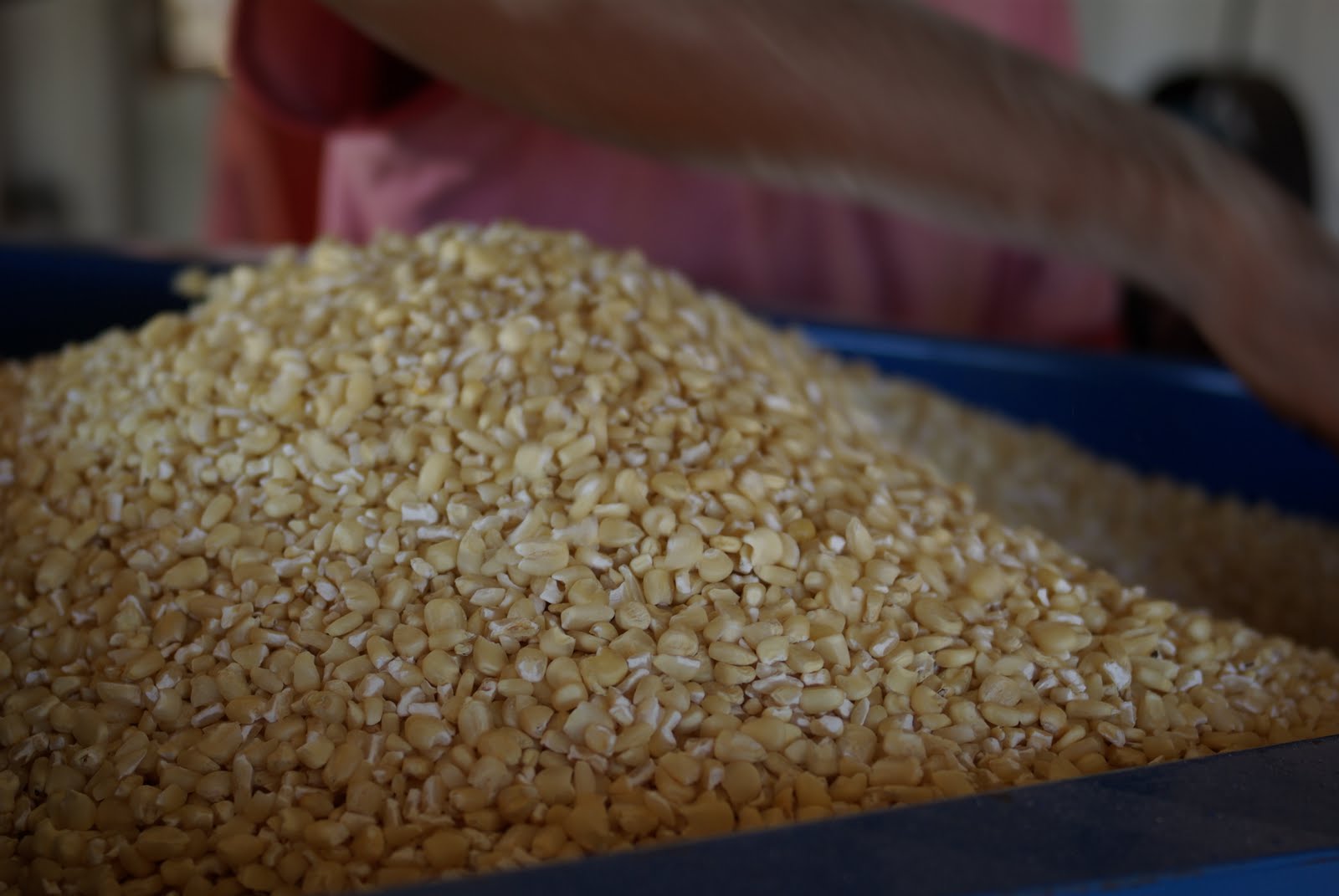
ZIMBABWE remains the laughing stock of the region if not the international community.
Southern Eye Editorial
Since 2000, our leaders in Zanu PF have not had any qualms in telling the entire world how successful President Robert Mugabe’s land reforms have been.
Several times they have even gone to the extent of flying in highly decorated scholars and journalists to witness the so-called unfolding green revolution in the farming community.
While it is undeniable that the reforms have produced highly successful black farmers in Zanu PF, some of them ushered into the Eighth Session of Parliament on Tuesday after the July 31 polls, the reality on the ground is that the nation is in trouble.
It is facing a serious food crisis. An estimated 2,2 million people in rural areas of southern Zimbabwe are in urgent need of emergency food aid before the end of the year.
This is the highest figure since 2009, when more than half the population needed food relief. According to the World Food Programme, one in four people in rural areas is likely to go hungry.
The Zimbabwe Vulnerability Assessment Committee — which includes the government and United Nations bodies — attributed the shortage of food to poor rainfall which has seen maize production fall by almost half in the past three years despite Mugabe pouring millions and millions of dollars into irrigation projects.
- Chamisa under fire over US$120K donation
- Mavhunga puts DeMbare into Chibuku quarterfinals
- Pension funds bet on Cabora Bassa oilfields
- Councils defy govt fire tender directive
Keep Reading
Matabeleland North has the highest percentage of vulnerability, with 40% of the population in need of food aid, followed by Masvingo with 33%, Matabeleland South 32% and the Midlands with 31%.
It is our humble submission that while indeed the land reform has success stories to make the West envious, somehow our new farmers are sleeping on the job, hence the maize deficit of 870 000 metric tonnes.
Some zealots might be quick to blame the weather conditions and targeted sanctions slapped on Mugabe and his inner circle by the West, but it largely points to lack of planning and foresight.
It does not need a rocket scientist to fathom that droughts are not the problem, but rather climate change which is a long-term issue. For example, Israel is a desert, but it makes use of its underground water.
The new Zanu PF administration, which is now firmly in charge of the affairs of the country, should take a leaf from Israel so that it is able to feed the country instead of blaming weather conditions and sanctions.
But maybe the country expects too much from our leaders who were once fooled that we could extract pure diesel from rocks.










